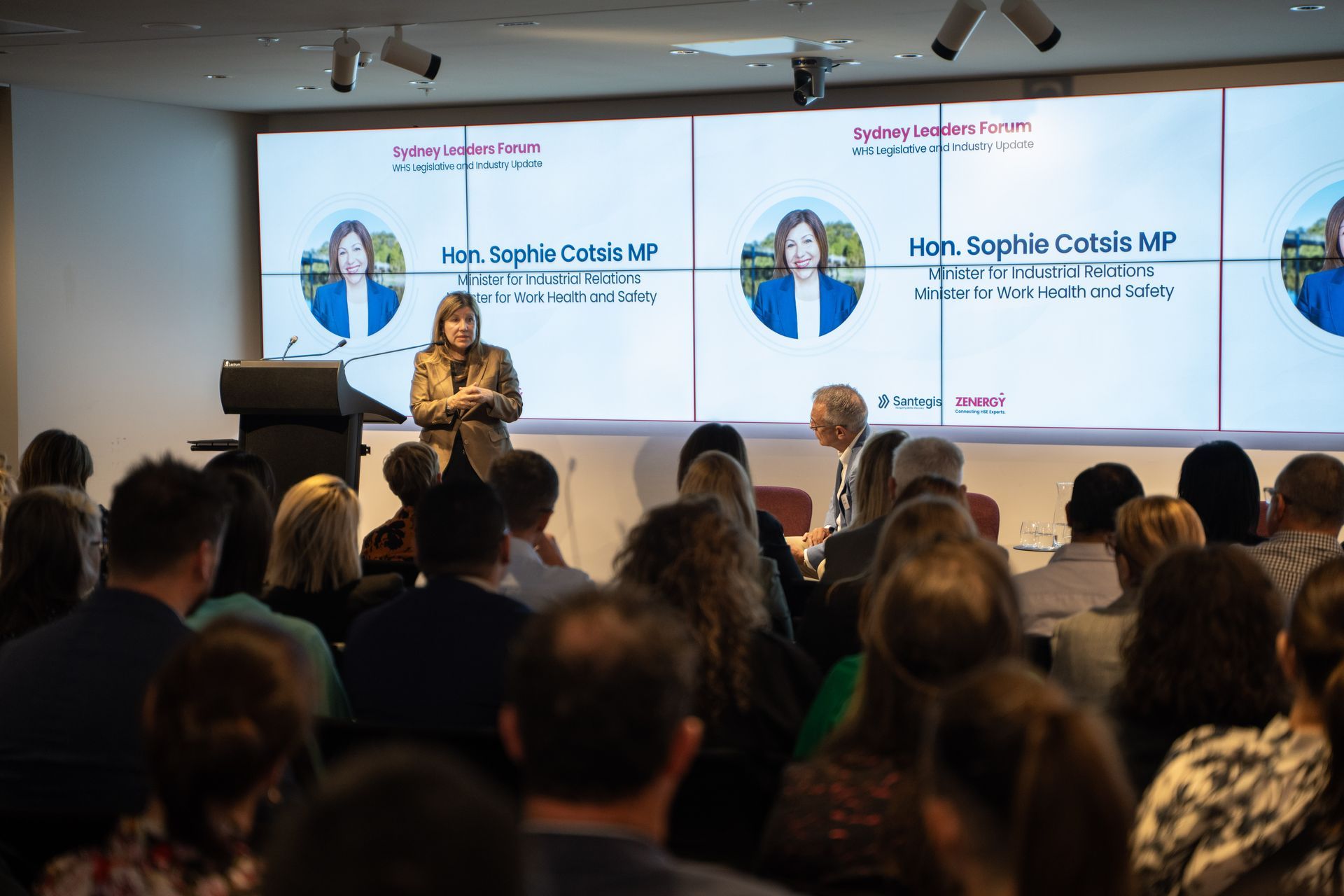Do we require a fire warden, and do they need training?
GWe would like to have a fire warden on site to ensure we meet WHS obligations, however none of our employees have agreed to take on the role. Can we force someone to be a fire warden?
This question was sent to the Ask an Expert service at Australian Business Consulting and Solutions
Q
What can we do if no one wants to be a fire warden on site? Do we refer to our employees’ contracts that state they will comply with all our company WHS responsibilities?
A
work health and safety (WHS) legislation does not explicitly refer to fire wardens so there is no actual obligation to have a fire warden. However, health and safety law does include a requirement to manage risks to health and safety, including risks from fire.+
The law also requires workers to comply, so far as they are reasonably able, with any reasonable instruction they are given by the employer to allow the employer to comply with health and safety laws. Workers must co-operate with any reasonable policy or procedure of their employer, as long as they have been told about that policy and procedures.
Policy important
It follows therefore that if the employer has a policy to manage the risk of fire by appointing a fire warden (among other measures such as providing all workers with information about what to do in the event of fire, having regular evacuation drills, etc), specifying the fire warden’s role and providing training in that role, then workers must cooperate with that policy and all associated procedures.
If the employer has decided, after assessing fire risks and consulting workers, that the appointment of a fire warden is part of the employer’s strategy for managing the risk, an employee who is appointed fire warden must cooperate and comply with instructions.
Cooperation
An employee has this obligation under health and safety law, and if the employee’s contract with the company also states that they must comply with the company’s WHS responsibilities, then this just reinforces the employee’s obligation to cooperate.
It would probably assist employees in understanding their obligation if the situation outlined above was included in the company’s health and safety policy and employment contracts.
This article was originally posted on Workplace OHS a part of NSW Business Chamber – Australian Business Consulting and Solutions has a dedicated team of WHS/OHS experts who can assist you with your specific WHS/OHS issues and problems.






